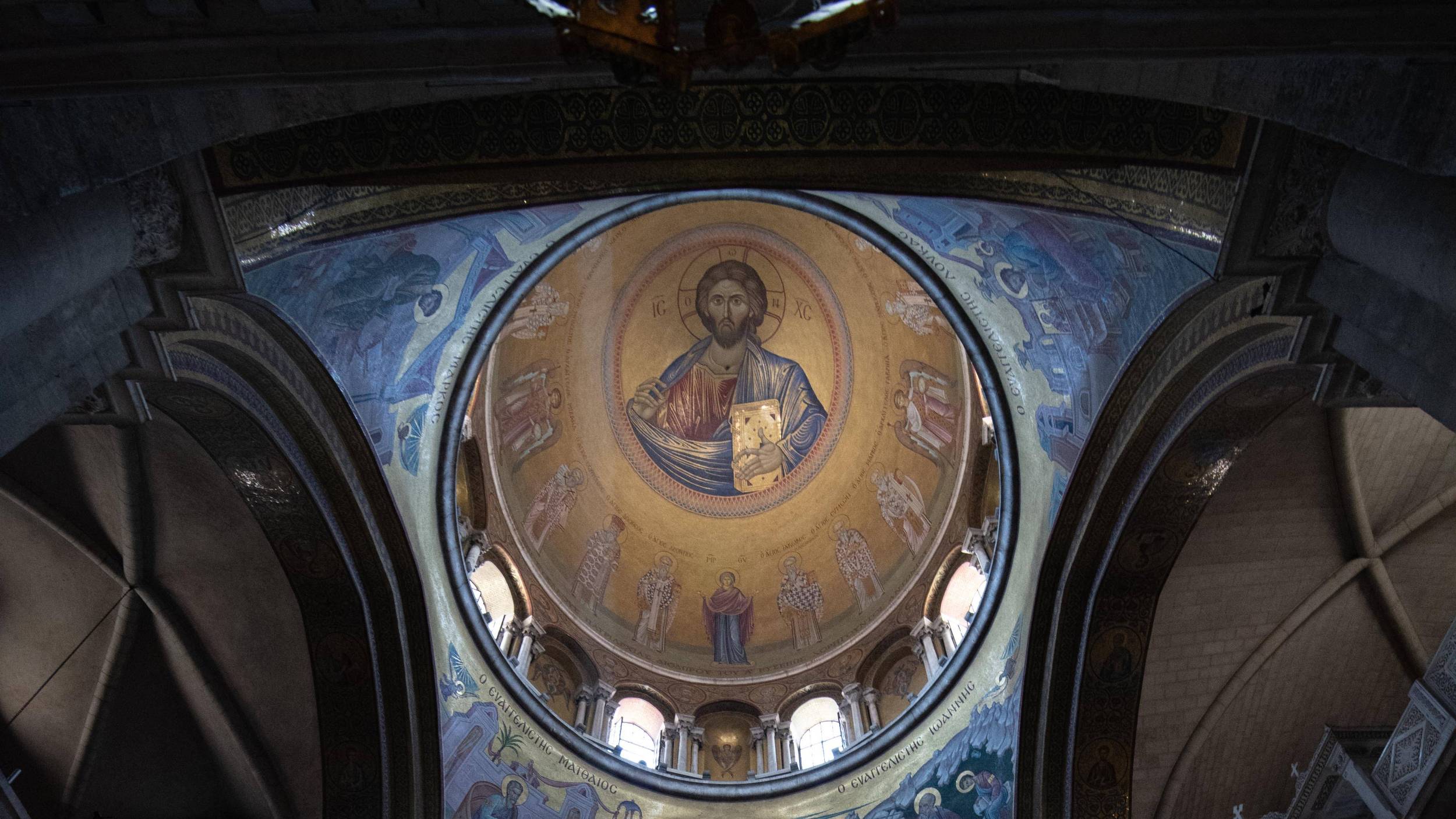
Study Tours
Places you might visit
Read the Biblical context of each location
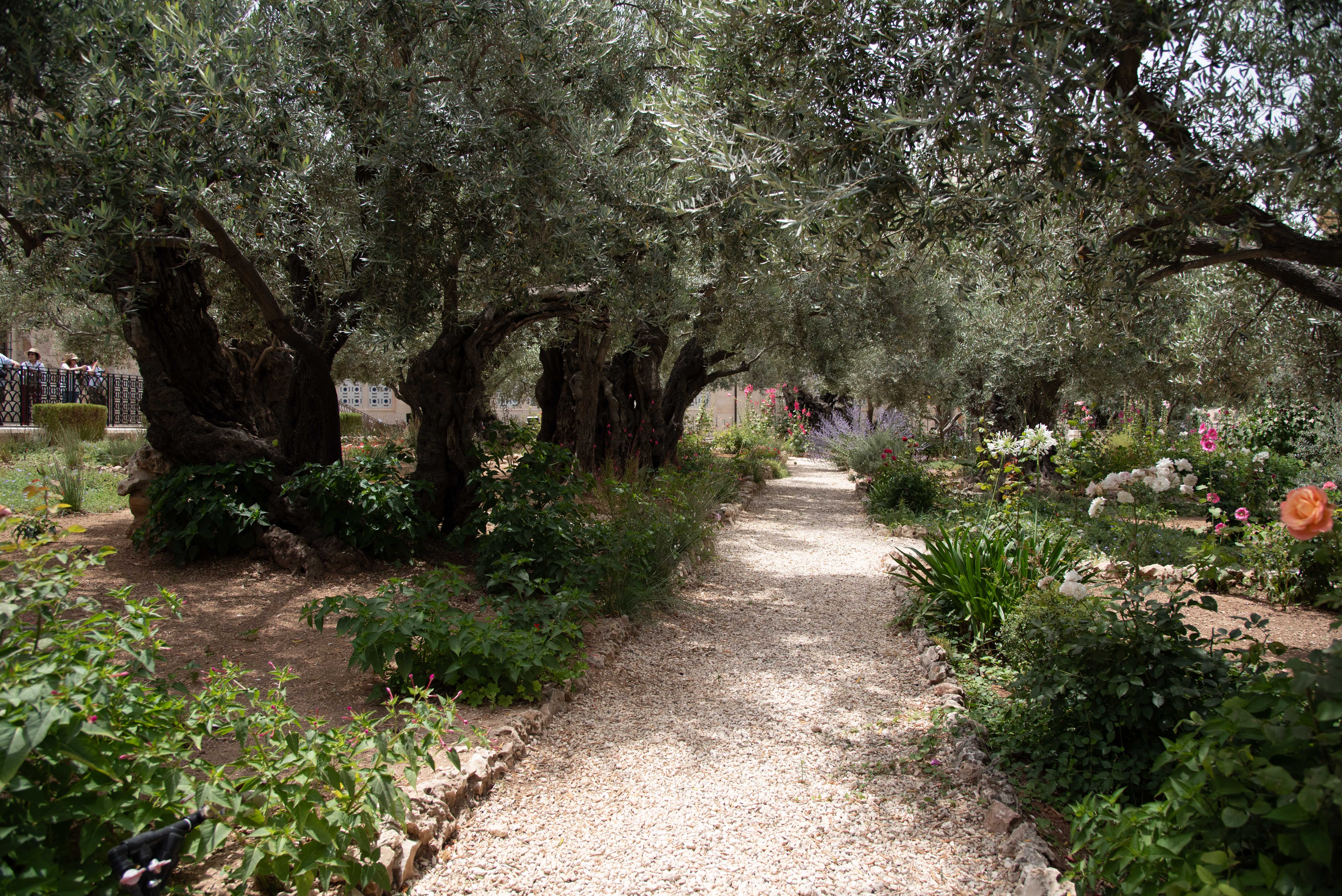
Israel
One of the highlights you will see in Israel is the garden of Gethsemane is at the foot of the Mount of Olives in East Jerusalem, believed to be where Jesus Christ underwent the agony in the garden and was arrested before his crucifixion. It holds great significance in Christianity and is a place of deep spiritual resonance.
Read the Biblical Context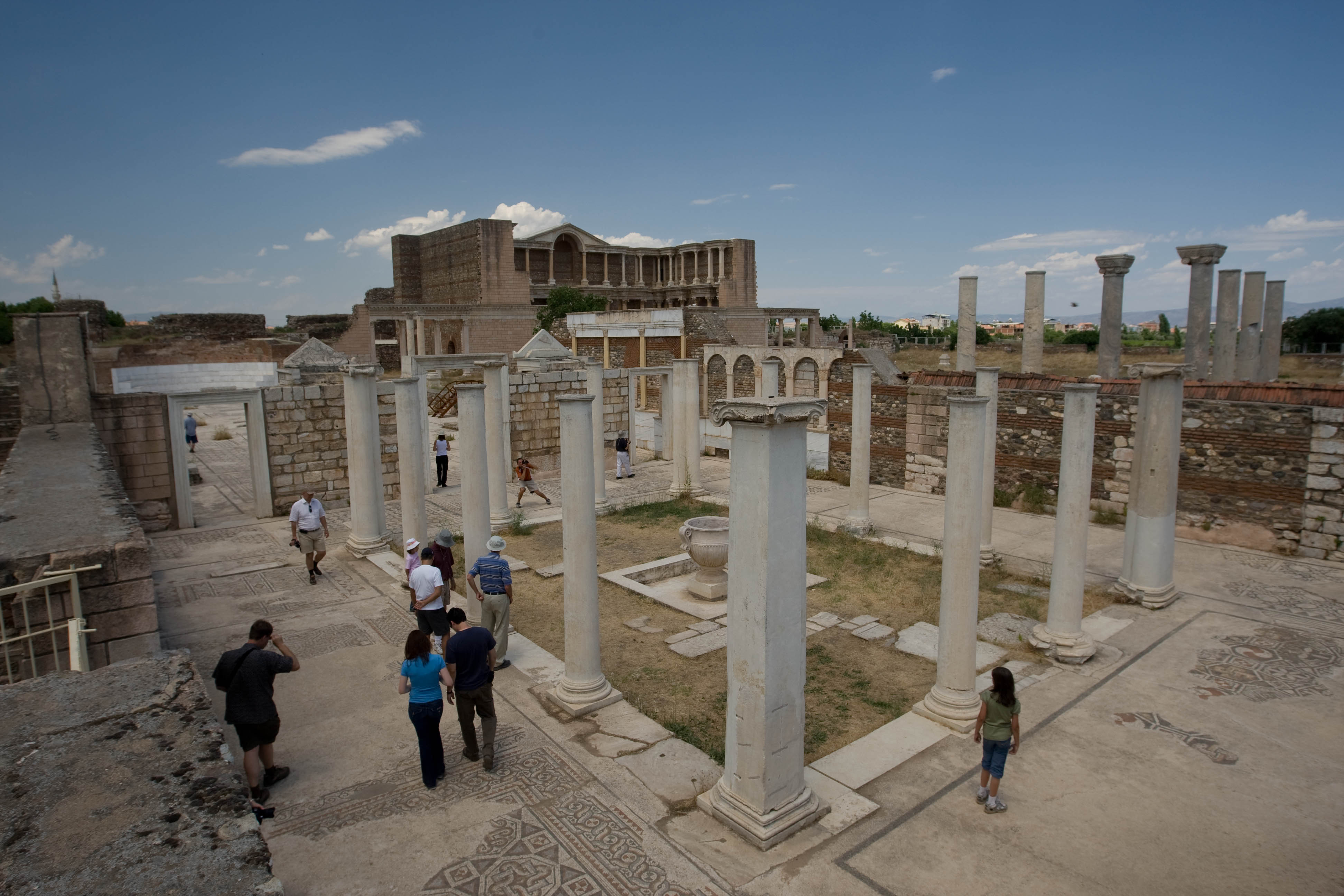
Turkey
Sardis was home to an early Christian community and is mentioned in the New Testament as one of the seven churches of Asia. In the Book of Revelation, Jesus criticizes the Sardians for not completing what they started and for focusing on image rather than substance. There are remnants of Byzantine shops and the Gymnasium in the area.
Read the Biblical Context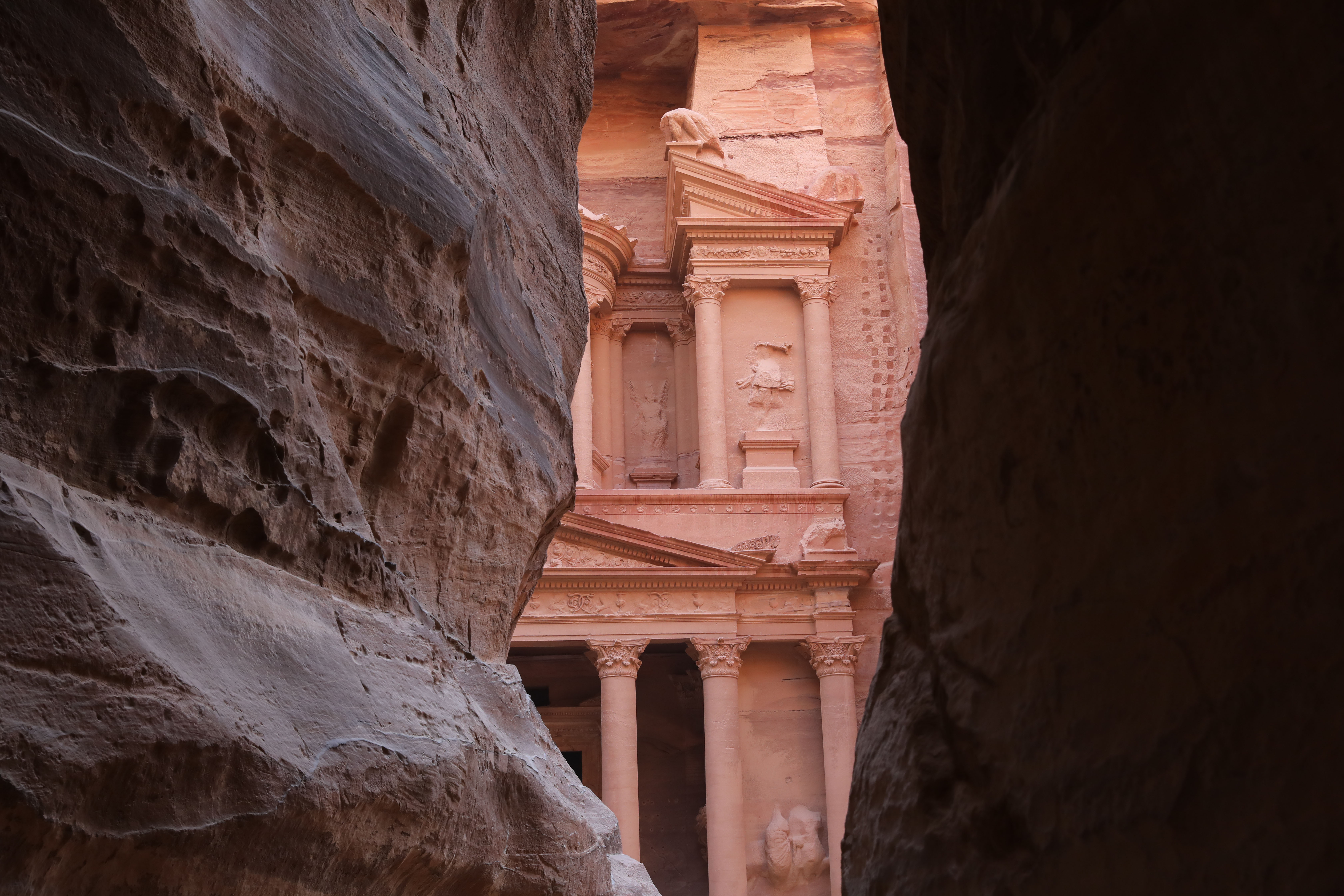
Jordan
Petra, located in what was once the land of Edom, holds a significant place in history as the country of Esau mentioned in the Bible. "Then Jacob sent messengers before him to Esau his brother in the land of Seir, the country of Edom." (Genesis 32:3) Petra, an ancient city and center of an Arab kingdom during Hellenistic and Roman times, showcases the remnants of a glorious past in southwest Jordan.
Read some of the historical context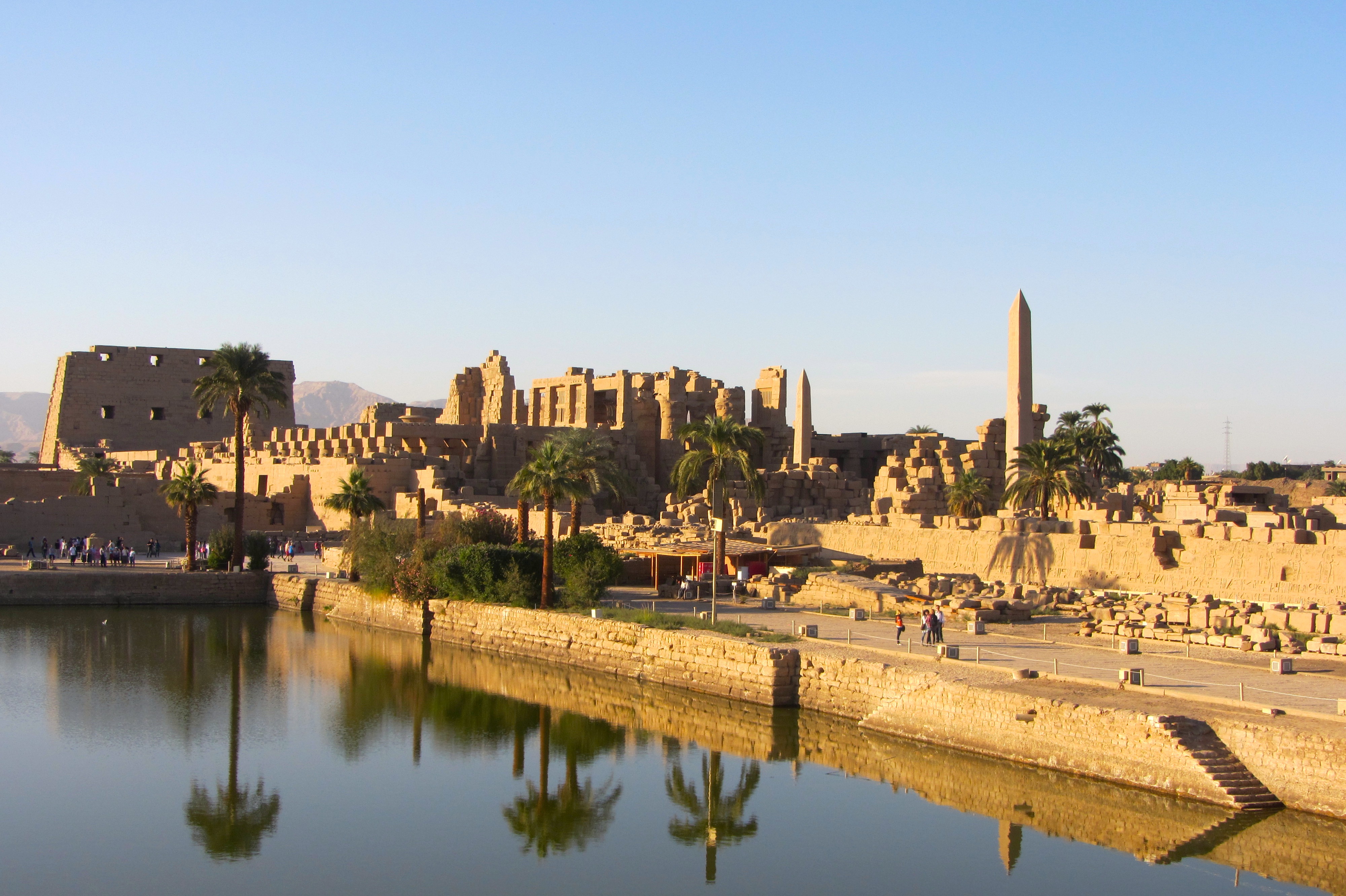
Egypt
The awe-inspiring Karnak Temple Complex, known as Karnak, embodies a magnificent blend of temples, pylons, chapels, and other structures near Luxor, Egypt. Its construction commenced during the reign of Senusret I in the Middle Kingdom (c. 2000–1700 BCE) during the time of Joseph and continued into the New Kingdom (1550-1544 BC–c. 1069 BC) the time of Moses until the Ptolemaic Kingdom (305–30 BCE).
Read some of the historical context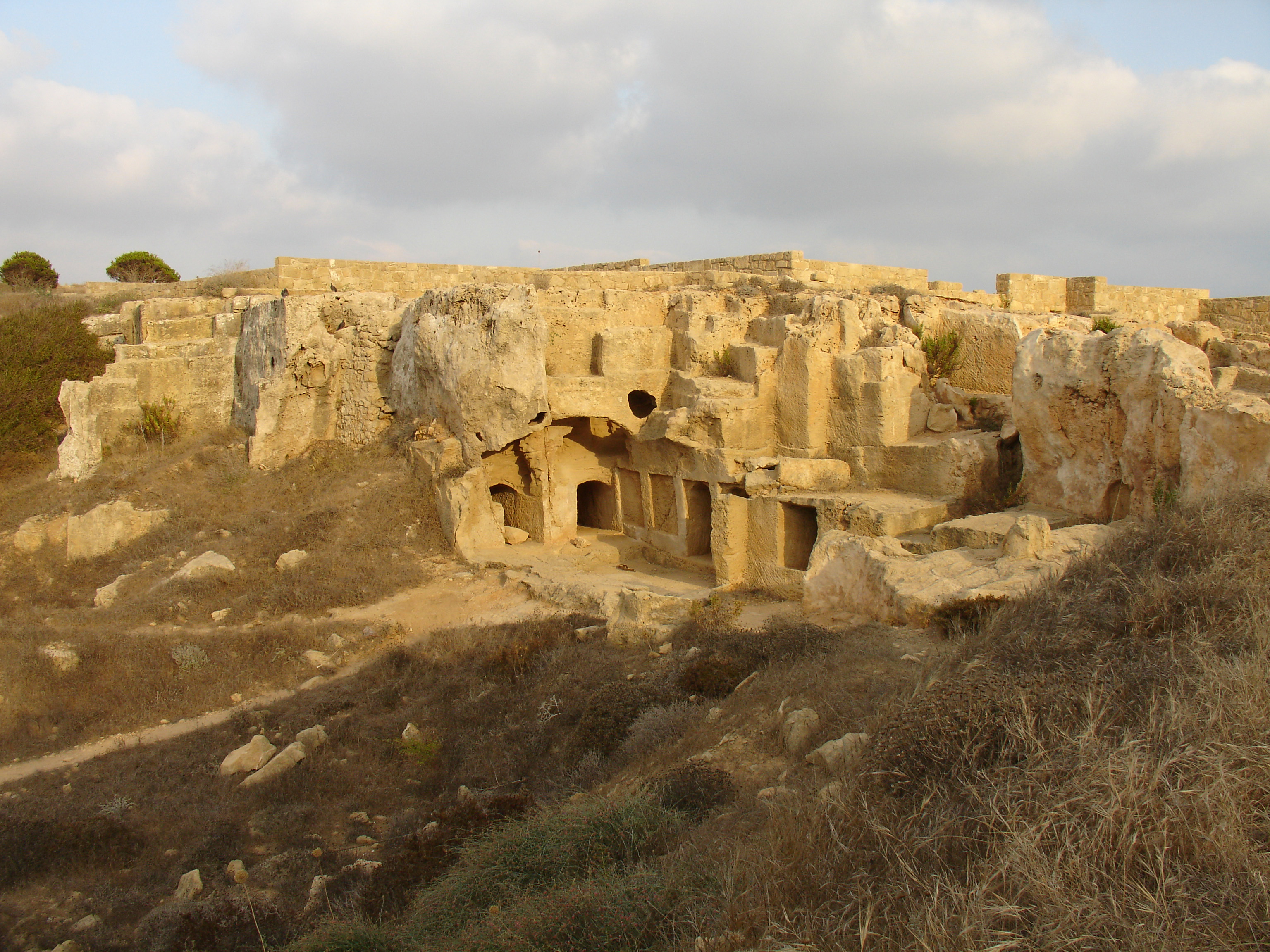
Cyprus
The Tombs of the Kings is an ancient necropolis dating from the 4th century BC to the 3rd century AD. The Romans invaded Cyprus in 58 BC. Many early Christians later came to Cyprus, and many of them would meet in Paphos. They were known to flee to the tombs during the early persecutions of the Roman era. In the book of Acts, the Apostle Luke mentions Christians fleeing to Cyprus to avoid persecution.
Read the Biblical Context
OBJECTIVES:
The Middle East Study Tour is designed to acquaint students with the extensive history and cultures of the ancient Near East as they relate to the Bible. The two-week tour encompasses sites representing the entire span of history, from the earliest periods of civilization to modern times. Emphasis will be placed on the relationship between historical and the understanding of the Bible.
Instruction will include an overview of biblical history and archaeological research in the Middle East. Emphasis will be placed on past and current excavations in Syria-Palestine and their affect on biblical backgrounds, settings, events, and history. Sound principles of evaluation will be developed for assessing archaeological interpretation, recognizing its contributions and internal limitations. Students will gain insights concerning the current economic and political situations in the Middle East and how they relate to present and future hopes for peace in that region.
ACADEMIC CREDIT:
Completed Tours
Contact
School of Religion
Hackman Hall 219